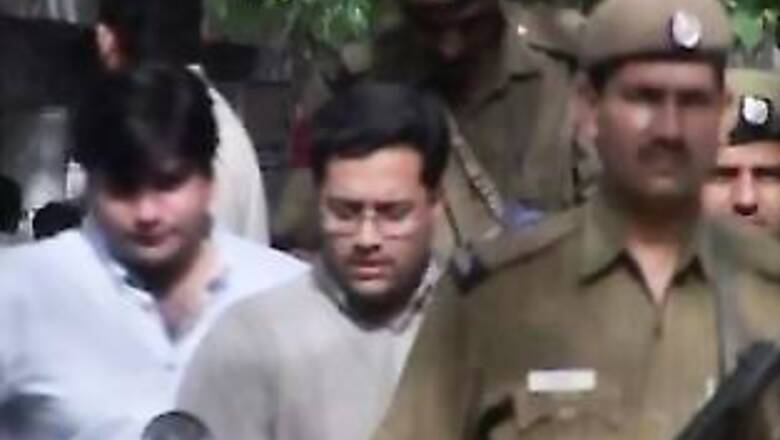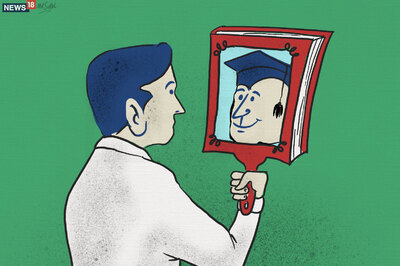
views
New Delhi: Pulling up the state government for granting parole to murder convict Manu Sharma, the Delhi High Court chastised it for adopting a pick and choose policy and asked that prisoners be made aware of their rights.
Directing the Delhi government to amend the guidelines, a division bench of Chief Justice Ajit Prakash Shah and Justice S Muralidhar questioned whether the case of Manu Sharma, convicted of the murder of model Jessica Lall, had been scrutinised like any other convict.
"Is this the way genuineness of the grounds are being verified? If this trend will continue, poor and weaker prisoners will never get parole. Your (government) lax attitude is responsible for increasing the pendency," the bench told state counsel Meera Bhatia.
"By and large, from your (government) attitude, the impression is quite clear that only those convicts who have connections will be able to get the parole easily," the bench observed while asking Lieutenant Governor Tejendra Khanna to look into the matter and amend the guidelines accordingly. He was asked to submit a detailed report by December 9, the next date of hearing.
The High court had pulled up the government last week as well for adopting a discriminatory attitude towards some convicts, allowing them parole easily and quickly while applications of others were kept pending for months.
Citing the case of Manu Sharma, Justice Kailash Gambhir said, "The report by the government depicts a dismal picture, clearly stating that the government is giving least priority to parole applications of convicts."
The court was surprised to notice that the parole plea of Manu Sharma, who cited his mother's illness but was spotted in a nightclub of a hotel in New Delhi, was cleared in just 20 days of receiving it while the applications of other convicts normally take more than six months.
"It seems that only influential people with high connections get out of the jail easily. The home department has given selective treatment to some convicts," the court said.
The government's affidavit said that of the applications received from 372 prisoners between on January 1 and on November 18 this year(2009), 72 were granted parole, 98 pleas were pending and the rest were rejected.
As per law, a prisoner can get parole for various reasons - to visit a dying or sick family member, building a house or to repair a badly damaged home, among others.
The official process on a parole application starts with its verification by police and the plea to be finally cleared, in case of Delhi, by the Lieutenant Governor.

















Comments
0 comment